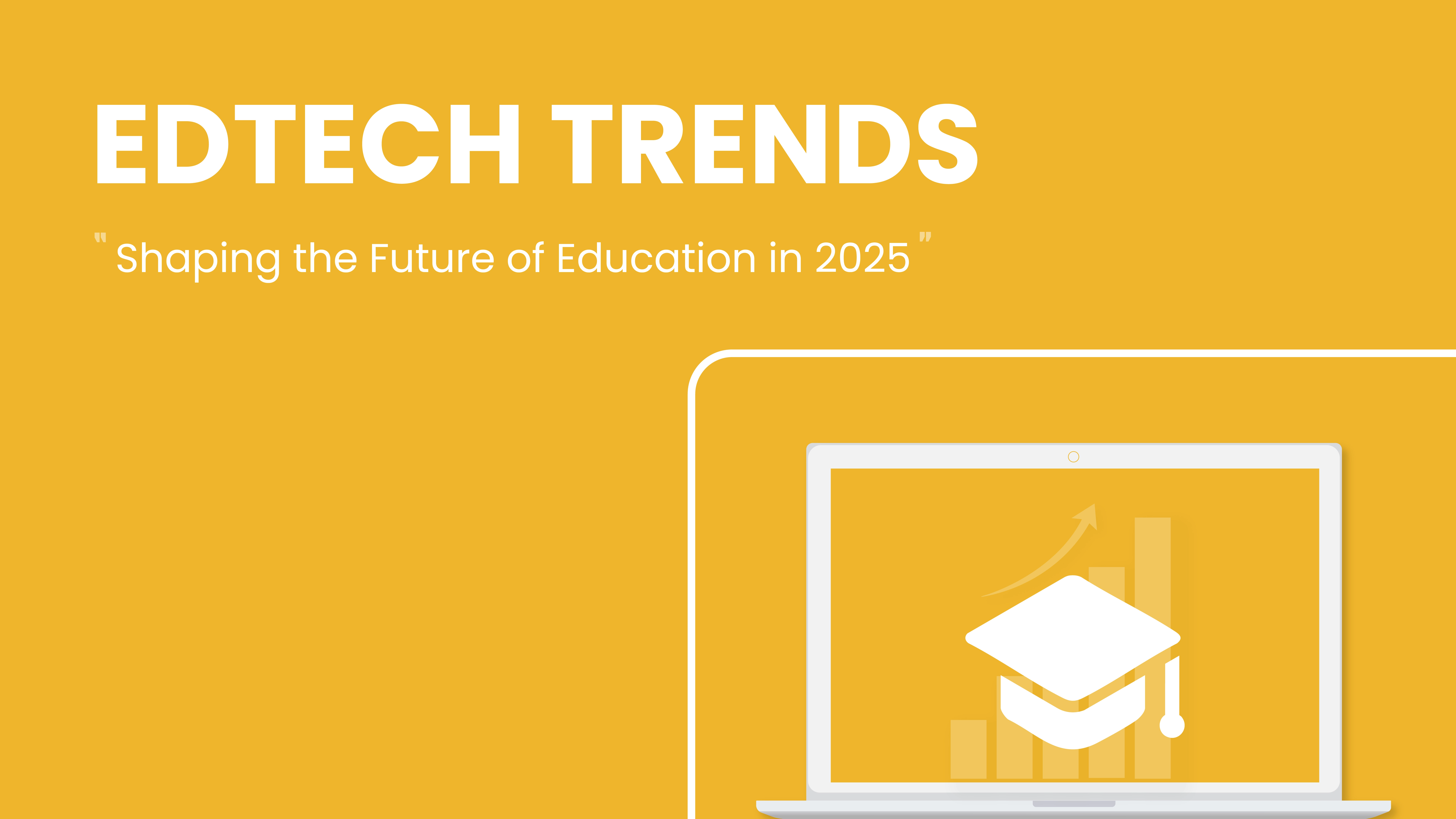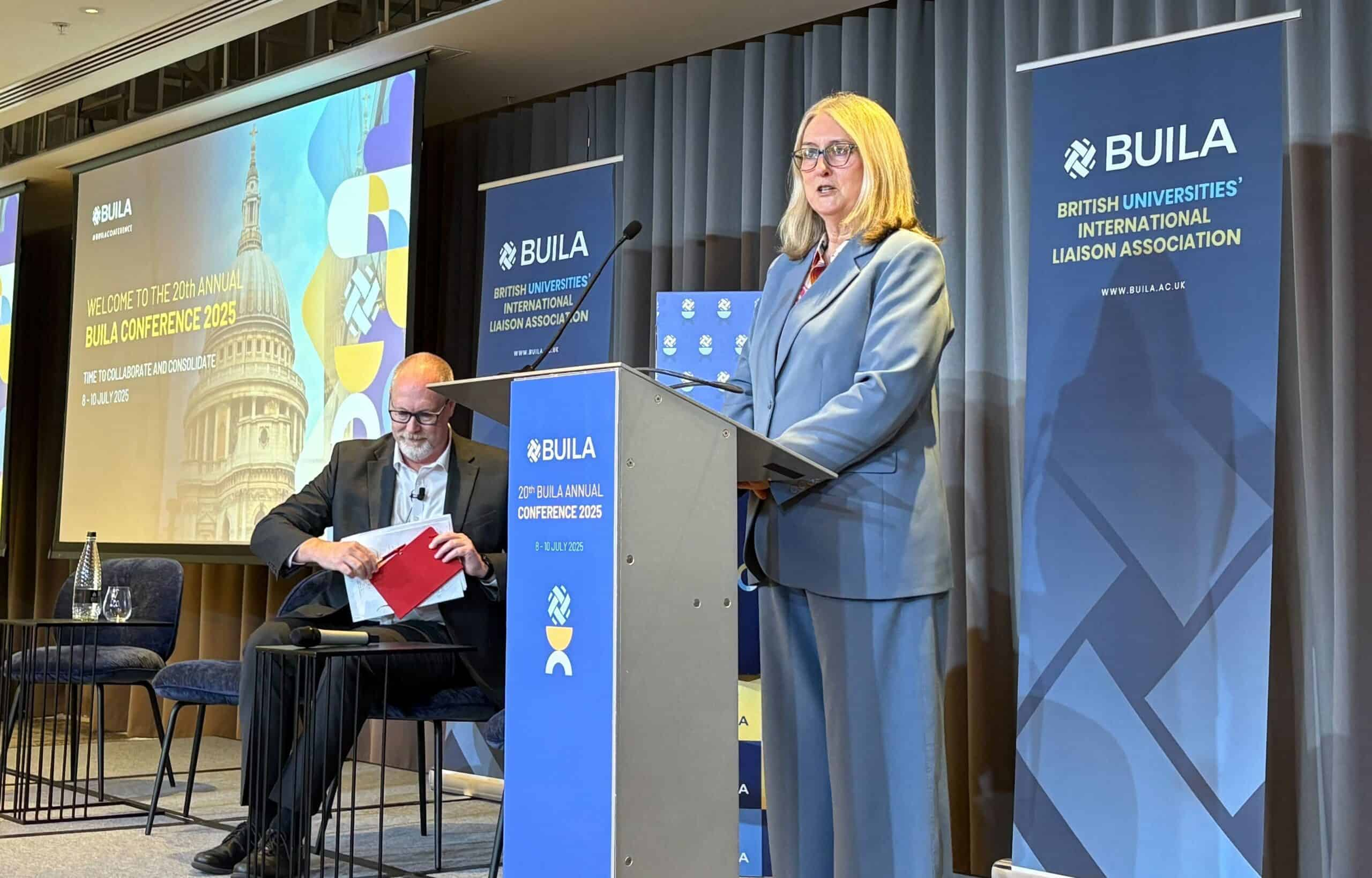US back to school spending to hold at $30.9B despite inflation
U.S. Back to School Spending Holds Firm at $30.9 Billion Amid Inflation Pressure
As summer draws to a close, American families are preparing for the new school year with tighter budgets and heightened cost awareness. Despite surging inflation and tariff driven price increases, back to school spending is expected to hold steady at roughly $30.9 billion matching last year’s levels, according to a recent forecast by Deloitte. This stagnation, compared to previous years' growth, underscores growing price sensitivity even as households prioritize their children’s education.
Though total spending remains unchanged, the average expenditure per K 12 student is projected at $570, down from $586 in 2024. The modest dip reflects parents’ strategic reallocation of budgets amid inflation, now hovering near 2.7%, and lingering concerns about tariff effects on clothing, electronics, and school supplies. Deloitte's analysis of over 1,200 parent responses shows many households opting for private label brands, staggered purchases, and standard (budget) shipping rather than faster delivery options.
This cautious consumer behavior is not just anecdotal. Retail giants like Walmart, Target, and Amazon have already launched back to school promotions early in the season, echoing value centric strategies aimed at parents. Online sales are expected to reach approximately $23.8 billion, reinforcing the trend toward digital purchases driven by convenience and cost comparison. While families are trimming tech and accessory purchases, essentials such as clothing, notebooks, and backpacks remain firm budget priorities.
Underlying the flat spending trend is wider financial caution. A New York Fed survey conducted earlier this year indicated that a majority of U.S. households felt inflation had eroded their financial wellbeing, with nearly 60% reporting that rising prices impacted their spending habits. Even though 73% still described themselves as “doing okay,” only 29% rated the broader economy as “good,” emphasizing growing unease about ongoing price pressures and economic uncertainty.
High profile tariff measures are a key factor in this dynamic. New levies on Chinese imports, including school related goods, have driven up costs on backpacks, electronics, and stationery. While some retailers are absorbing price increases temporarily, analysts warn that tariff costs are increasingly filtering through to consumer prices. Early back to school promotions may represent an attempt to lock in lower costs before full tariff impacts take hold.
Parents are adjusting their shopping strategies accordingly. The Deloitte survey found that over half of families plan to scale back discretionary categories like extracurricular gear, tech accessories, and non essential clothing. Those with tighter finances are spreading purchases throughout July and August, both to ease the impact and in hopes of snagging markdowns after the initial back to school rush. Others are switching to more budget friendly brands or limiting their shopping lists to school necessities only.
Looking ahead, the back to school season will remain a critical test for consumer resilience. While total spending is flat, the underlying shifts toward savings conscious behaviors, cautious grocery and discretionary budgets, and early online purchasing signal deeper consumer adaptation to inflationary headwinds. Retailers who offer value, timing sensitive deals, and diversified product options may navigate this period more successfully, as parents continue to balance quality and cost in a strained economic climate.
Bottom Line With total back to school spending holding steady at $30.9 billion amid rising costs, the story this year is less about growth and more about consumer adjustment and strategic budgeting. Families are prioritizing needs over wants, watching prices closely, and adapting to sustained inflation and tariff impacts even as education related purchases remain non negotiable.






 Government Revamps School Meals to Boost Student Health and Nutrition
Government Revamps School Meals to Boost Student Health and Nutrition  Trump imposes 35% tariff on Canada, considers tariffs for other partners
Trump imposes 35% tariff on Canada, considers tariffs for other partners  Heatwave Warning Issued in North India
Heatwave Warning Issued in North India  Varda Space raises $187M to accelerate drug development aboard space station
Varda Space raises $187M to accelerate drug development aboard space station  Trump plans blanket 15-20% tariffs on multiple trade partners including Canada
Trump plans blanket 15-20% tariffs on multiple trade partners including Canada